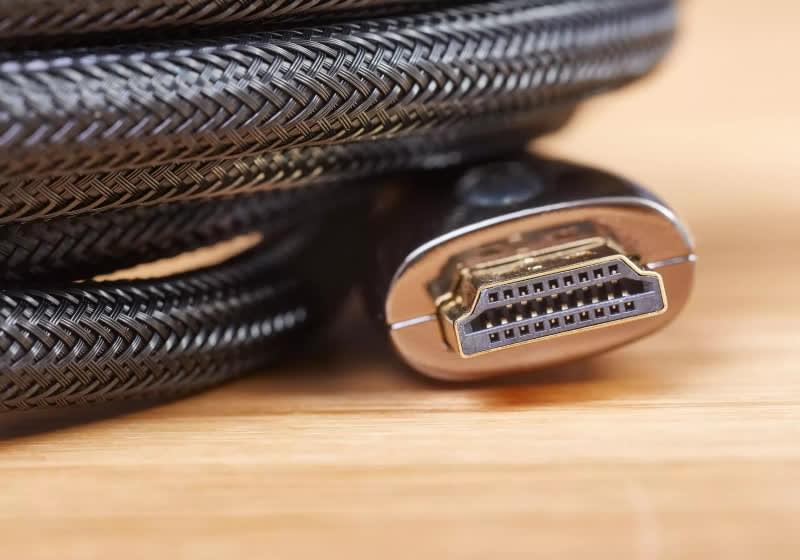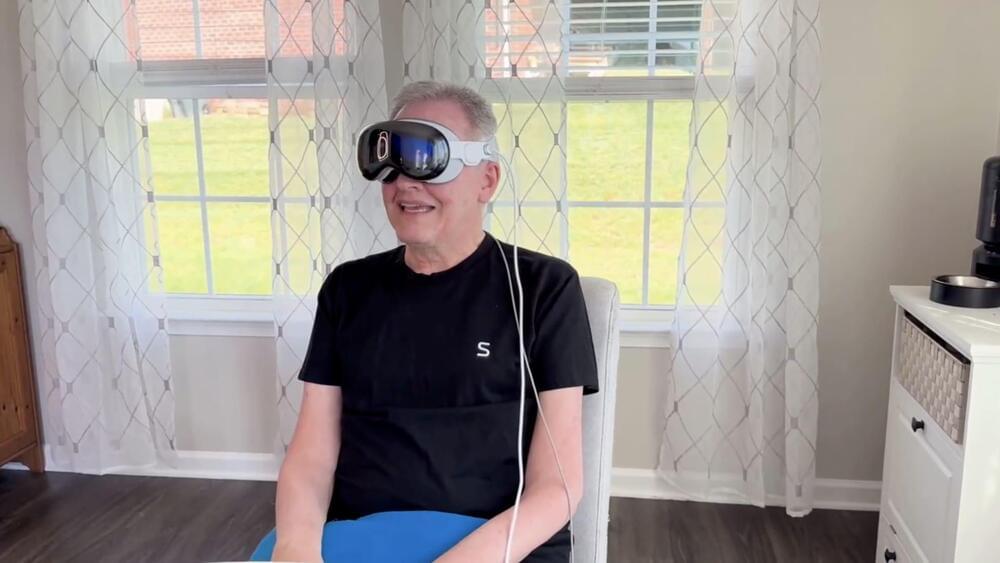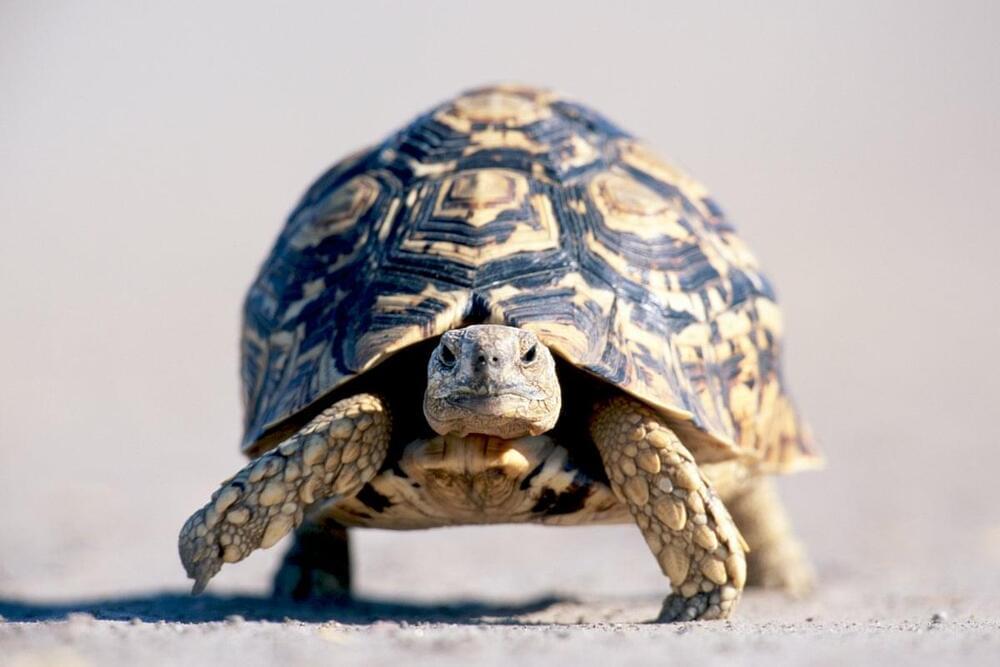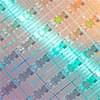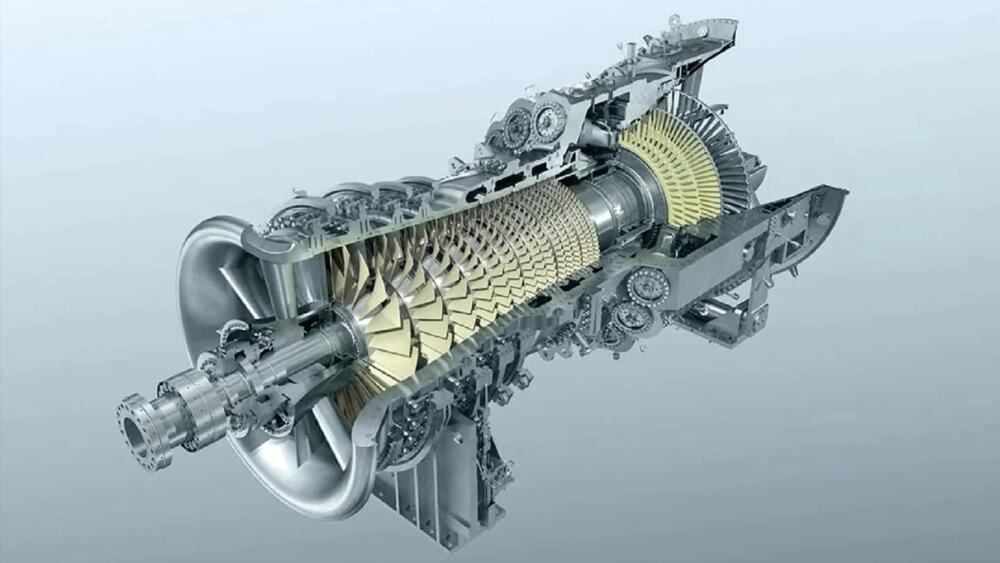“These spots are a big surprise,” said Dr. David Flannery. “On Earth, these types of features in rocks are often associated with the fossilized record of microbes living in the subsurface.”
Did Mars once have life billions of years ago? This is what NASA’s Perseverance (Percy) rover hopes to figure out, and scientists might be one step closer to answering that question with a recent discovery by the car-sized robotic explorer that found a unique rock with “leopard spots” that have caused some in the scientific community to claim this indicates past life might have once existed on the now cold and dry Red Planet. However, others have just as quickly rushed to say that further evidence is required before jumping to conclusions.
Upon analyzing the rock using Percy’s intricate suite of scientific instruments, scientists determined that it contained specific chemical signatures indicative of life possibly having existed billions of years ago when liquid water flowed across the surface. However, the science team is also considering other reasons for the rock’s unique appearance, including further research to determine if the findings are consistent with potential ancient life.
The unique features of the rock include calcium sulfate veins with reddish material between the veins which indicate the presence of hematite, which is responsible for the Red Planet’s rusty color. Upon further inspecting the reddish material, Percy identified dozens of off-white splotches at the millimeter-scale with black material surrounding it, hence the name “leopard spots”

